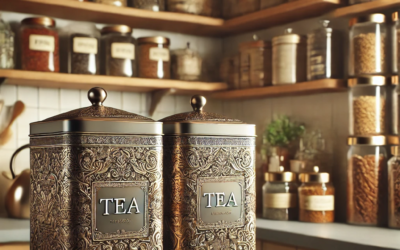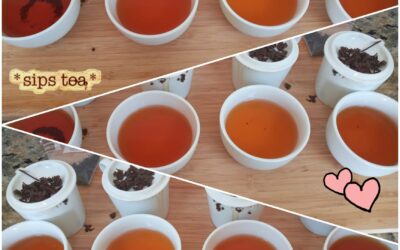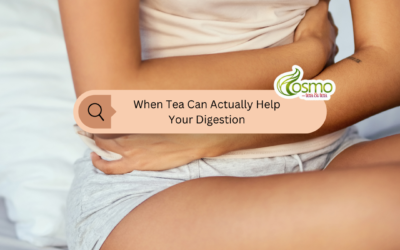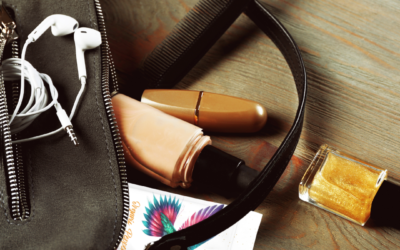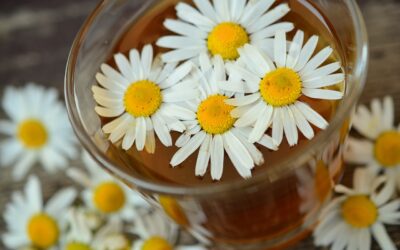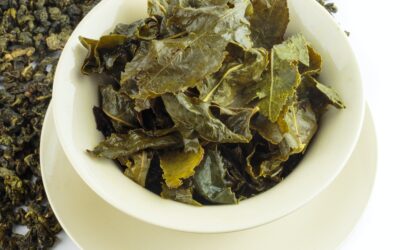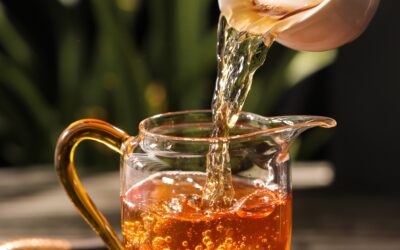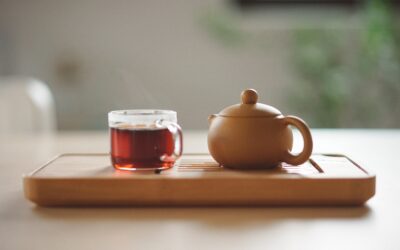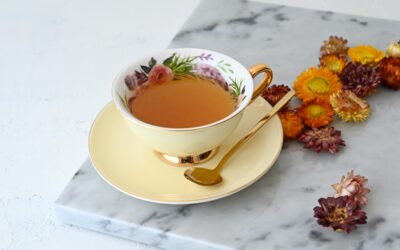Why are so many women, relatively young ones too, dealing with high blood pressure?
If you’re one of these women or know someone, you’re not alone. It seems like more young women are being diagnosed with hypertension, and the question is: why?
Is it stress, lifestyle, or something else entirely? And more importantly, how can us women take control of our health?
One unexpected ally could be sitting right in our teacups: hibiscus tea. There are benefits to drinking hibiscus tea for us women but there are also things we need to watch out for. Let’s get into it.
Common Reasons Why Mid-Age Women Are Facing Hypertension?
Hypertension, or high blood pressure, isn’t longer a concern for older adults. Several factors are contributing to this trend among young women:
- Stressful Lives – balancing careers, family, and personal goals can take a toll on your body, raising cortisol levels, which impacts blood pressure.
- Sedentary Lifestyles – long hours at desks or the hustle and less physical activity can contribute to weight gain and higher blood pressure.
- Dietary Choices – processed foods high in sodium, combined with sugary drinks, are often culprits.
- Underlying Conditions – hormonal changes due to PCOS, or menopause, and even birth control pills can play a role.
One Solution…Hibiscus Tea
It’s been said that, hibiscus tea, made from the dried petals of the hibiscus flower, which we also use to make sorrel, isn’t just pretty, it’s powerful. Its vibrant crimson hue reflects its high content of antioxidants, particularly anthocyanins, which are known for their heart health benefits.
Studies show that hibiscus tea can significantly reduce both systolic and diastolic blood pressure. It acts as a natural prescription medication, relaxing blood vessels and improving circulation. It may even lower LDL (“bad”) cholesterol and triglycerides while boosting HDL (“good”) cholesterol, which helps protect your heart.
For us women, sipping on hibiscus tea could be a simple step toward better heart health.
For the fitness enthusiast, who hits the gym or enjoys regular workouts, hibiscus tea can also be your post-training buddy. Its anti-inflammatory properties may help reduce muscle soreness, while its hydration benefits can replenish your body without the jitters of caffeine.
The Don’ts Of Hibiscus Tea
As amazing as hibiscus tea is, it’s not without its caveats:
For starters, if you’re on medication for high blood pressure or diabetes, hibiscus tea might enhance their effects, causing your blood pressure or sugar levels to dip too low. Always consult your doctor if you’re taking medication.
Additionally, hibiscus tea has a mild estrogenic effect, which could potentially cause complications during pregnancy. It’s best avoided if you’re expecting.
And just like everything, drinking too much hibiscus tea (for many, more than 2-3 cups a day is not recommended) may lead to dizziness or even liver strain in extreme cases. Moderation is key.
Hibiscus Tea Is Not The Be-all and -all, Finding Balance In Your Wellness Routine Is Crucial
Although hibiscus tea is not a cure-all, it is a fantastic tool to complement a healthy lifestyle. Here are some suggested tips for managing blood pressure naturally:
- Get moving, even a 30-minute walk can make a difference.
- Watch your diet, reduce sodium and processed foods, and add more whole grains, fruits, and vegetables.
- Manage your stress levels, yoga, meditation, or even a daily “tea break” can help.
And remember, while hibiscus tea is caffeine-free and hydrating, it shouldn’t entirely replace water. Staying hydrated is essential for overall health.



